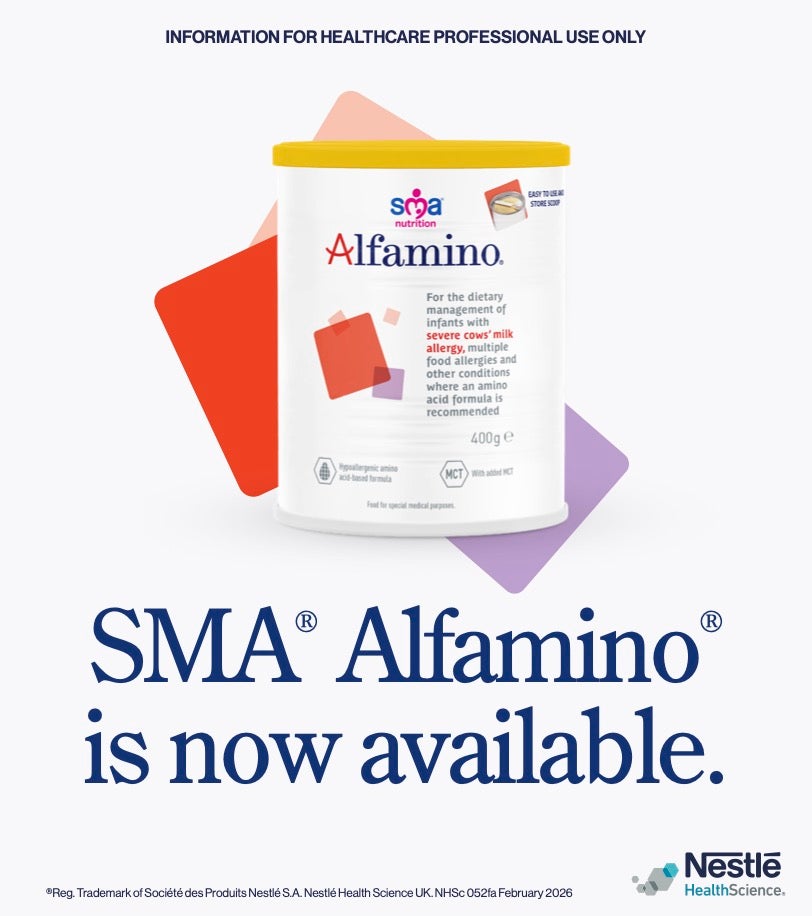This site is intended only for the use of UK Healthcare Professionals
Listen: How to manage & treat Cow's Milk Allergy with Ibrahim Amin
- 15/07/2022

Information for Healthcare Professional Use Only
In this episode of the Inside Medical Nutrition podcast, Dr. Linia Patel interviews Ibrahim Amin, a lead practice pharmacist, about his experience managing cow’s milk protein allergy (CMPA). Ibrahim shares his journey into pharmacy, driven by a love for chemistry and a desire for patient contact.
The conversation explores the pharmacist's role in cow’s milk protein allergy (CMA) management, emphasising that it extends beyond dispensing prescriptions. Ibrahim discusses supporting patients and healthcare professionals, conducting audits, and ensuring adherence to guidelines. He highlights the importance of recognising that pharmacists are medicine experts and can provide valuable advice.
Ibrahim notes a concerning trend of delayed diagnoses and inappropriate management of CMA, often stemming from initial visits to A&E. He stresses the need for accurate diagnoses, appropriate formula prescriptions, and ongoing monitoring of patients. He discusses some of the common symptoms of cow’s milk allergy such as rashes and gastrointestinal symptoms.
The discussion delves into the importance of communication and collaboration within a multidisciplinary team. Ibrahim emphasises the value of virtual MDT meetings, which improve efficiency and accessibility.
Ibrahim shares practical tips for managing CMA, including reminding parents that "breast is best" and providing guidance on dairy-free diets for mothers who are breastfeeding.
The podcast concludes with a call for pharmacists to be proactive in supporting GPs and patients with CMA, emphasising the need for continuous review, accurate diagnoses, and a patient-centred approach. Ibrahim's insights shed light on the crucial role pharmacists play in optimising CMA management and improving patient outcomes.
Listen to the full podcast episode to learn more about the role of pharmacists in cow’s milk allergy diagnosis and management.
IMPORTANT NOTICE:
We believe that breastfeeding is the ideal nutritional start for babies and we fully support the World Health Organisation’s recommendation of exclusive breastfeeding for the first six months of life followed by the introduction of adequate nutritious complementary foods along with continued breastfeeding up to two years of age.
We also recognise that breastfeeding may not be an option due to certain medical conditions. Parents should only feed Infant formula for special medical purposes under supervision of a healthcare professional after full consideration of all feeding options, including breastfeeding. Continued use has to be assessed by the healthcare professional in relation to the baby's progress bearing in mind any social and financial implications for the family. Infant formula should always be prepared, used and stored as instructed on the label in order to avoid risks to a baby’s health.
Participants
-

Ibrahim Amin
